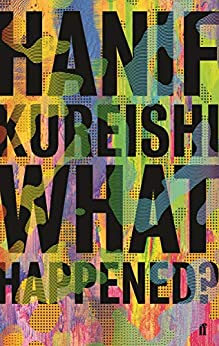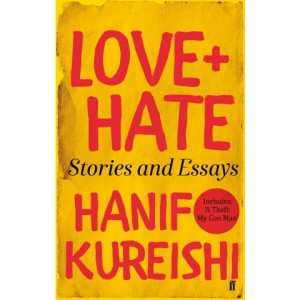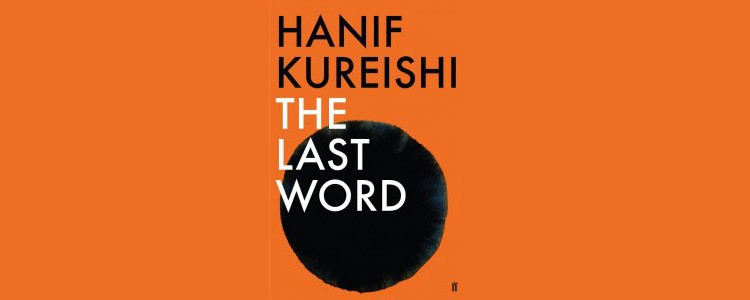Hanif Kureishi’s “What Happened?”

Hanif Kureishi’s What Happened? is a collection of essays and stories that were published in various literary magazines and newspapers in recent years. The publications may be recent but it is an interesting mix spanning a few decades of his life. The essays are mostly autobiographical revolving primarily around his desire to be a writer, his determination to achieve his goal and once a published writer, inhabiting a literary world which was predominantly white and seemed to constantly sideline writers like him who were of a different colour.
The British creativity I grew up with – in pop, fashion, poetry, the visual arts and the novel – has almost always come from outside the mainstream, from clubs, gay subcultures, the working class and from the street. Many of the instigators might have been white, but they were not from the middle class, a group that lacks, in my experience, the imagination, fearlessness and talent to be truly subversive.
The truth is, the conservative fear of other voices is not due to the anxiety that artists from outside the mainstream will be untalented, filling up galleries and bookshops with sludge, but that they will be outstanding and brilliant. The conservatives willhave to swallow the fact that despite the success of British artists, real talent has been neglected and discouraged by those who dominate the culture, deliberately keeping schools, the media, universities and the cultural world closed to interesting people.
The essays that stand out are those that describe Kureishi’s awakening as an author, his descriptions of inhabiting the literary world and his firm opinions about racism. These have been consistent themes in his essays over the years but in this collection they are stand out as being extremely relevant. What really hits home hard is that Kureishi was writing about these subjects much before it became fashionable to discuss diversity and inclusivity in the creative industry. He was writing what he saw, experienced, and analysed. He made it his trademark to write about various subjects particularly the racial discrimination he saw daily. It is a perspective that was quite literally being whitewashed in mainstream media and literary platforms though chinks had begun to be visible. Hanif Kureishi is of Asian origin but he was born and brought up in UK. So he was like any other British child except he was made acutely aware of the difference because of his skin colour whereas he did not see himself as any different. But in his very moving essay remembering his friend David Bowie it becomes apparent that to some degree even colour does not matter, but the socio-economic station that you inhabit does. Bowie and Kureishi were a decade apart, they went to the same school in Bromley, but become firm friends later, probably when they joined showbiz.
From the time Kureishi began writing in the early 1970s till now, he has always been comfortable with who he is and his voice has never changed. His style of writing is predictable but never boring, if anything it has become sharper with age. What comes through extraordinarily beautifully in What Happened? is that Hanif Kureishi has not changed but the world has to a certain degree — the horrors of sectarian violence and racism that he was alerting us to over the years have only intensified. So commentators like Kureishi who speak confidently, sharing an opinion, continue to be relevant.
Read it.
22 Oct 2020





